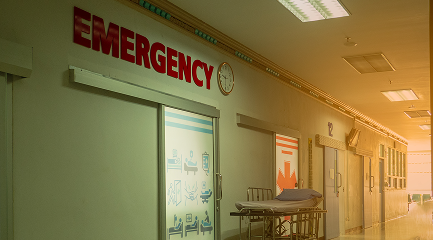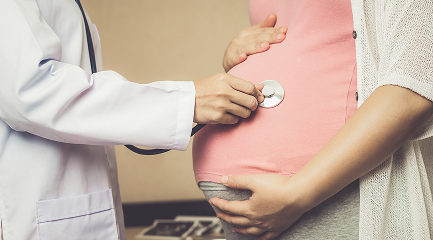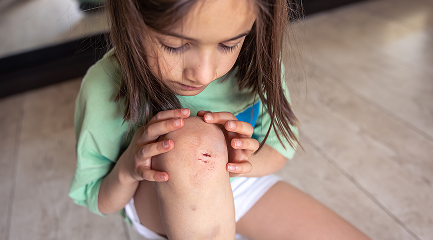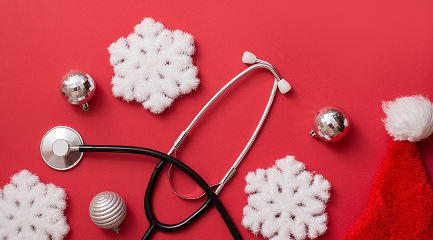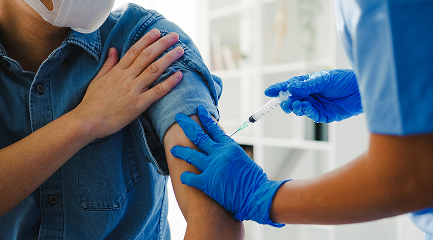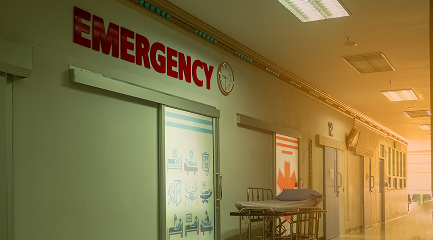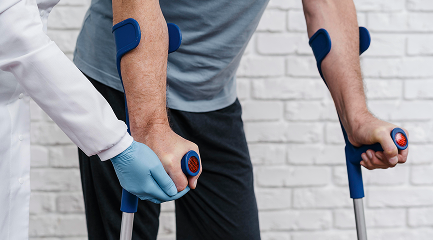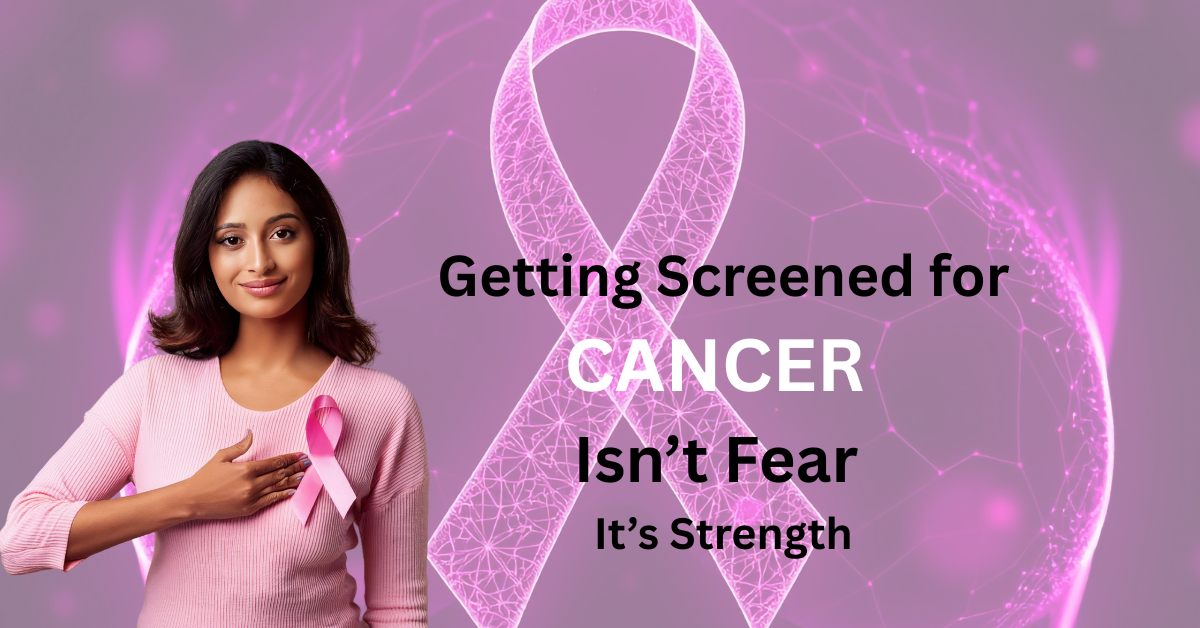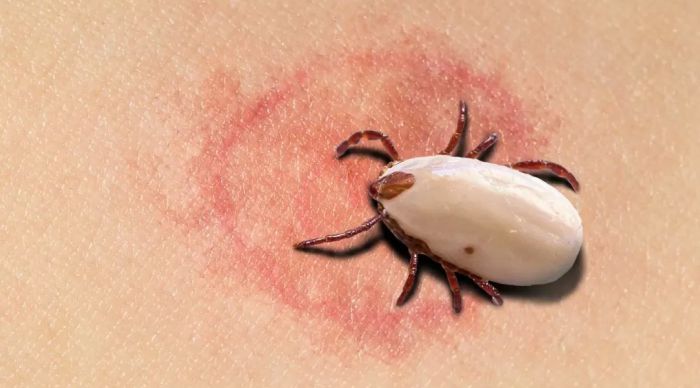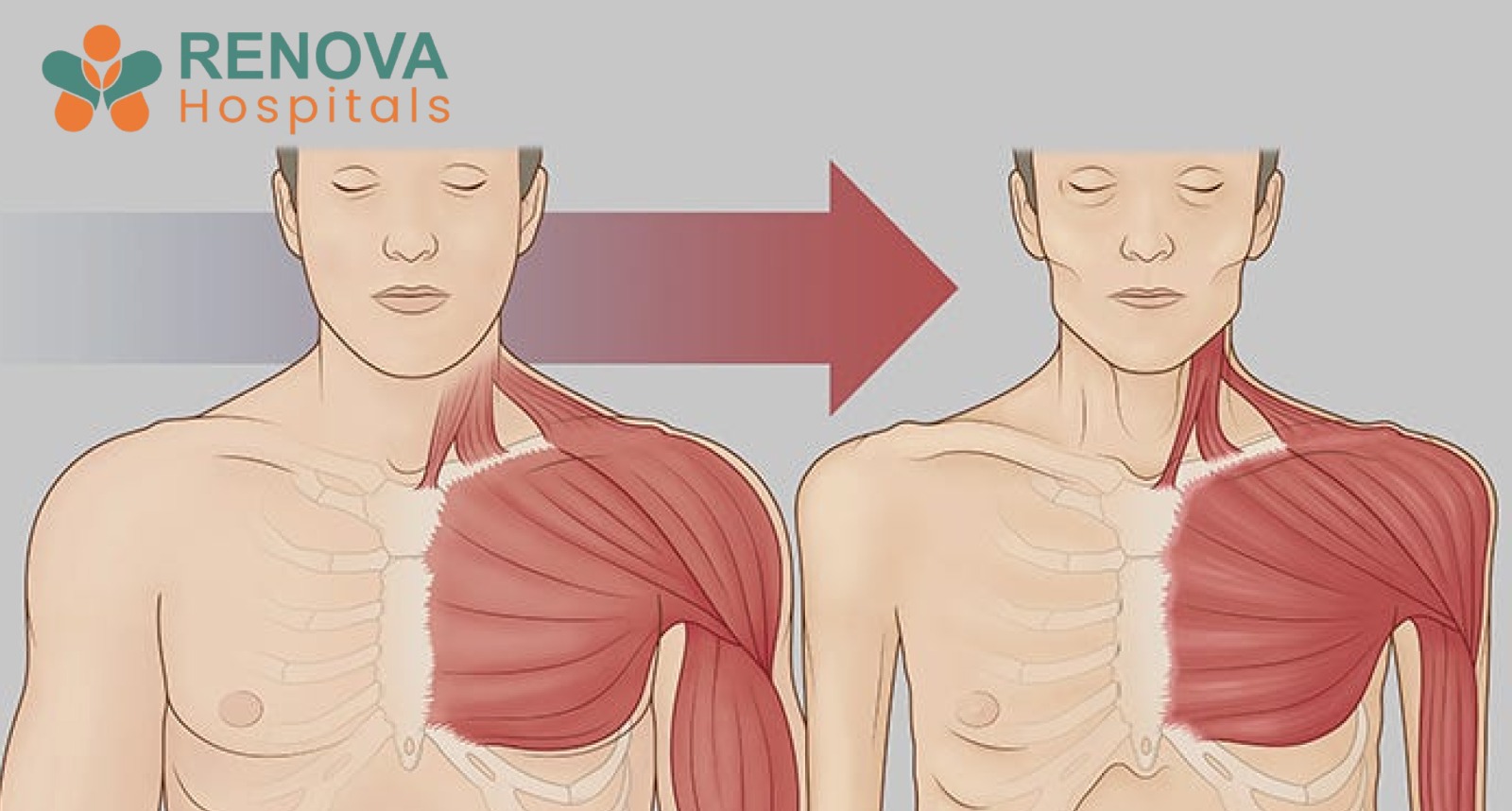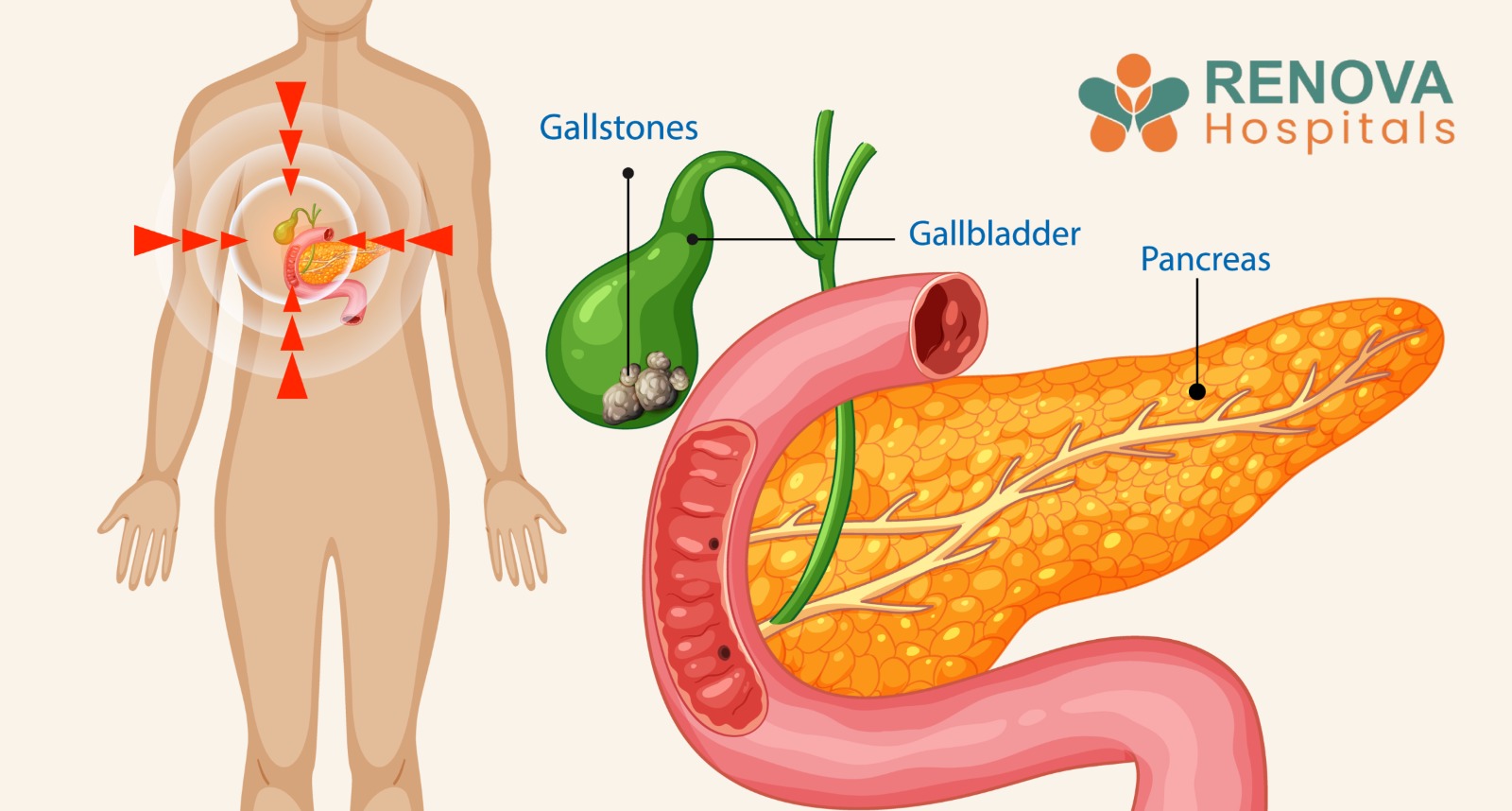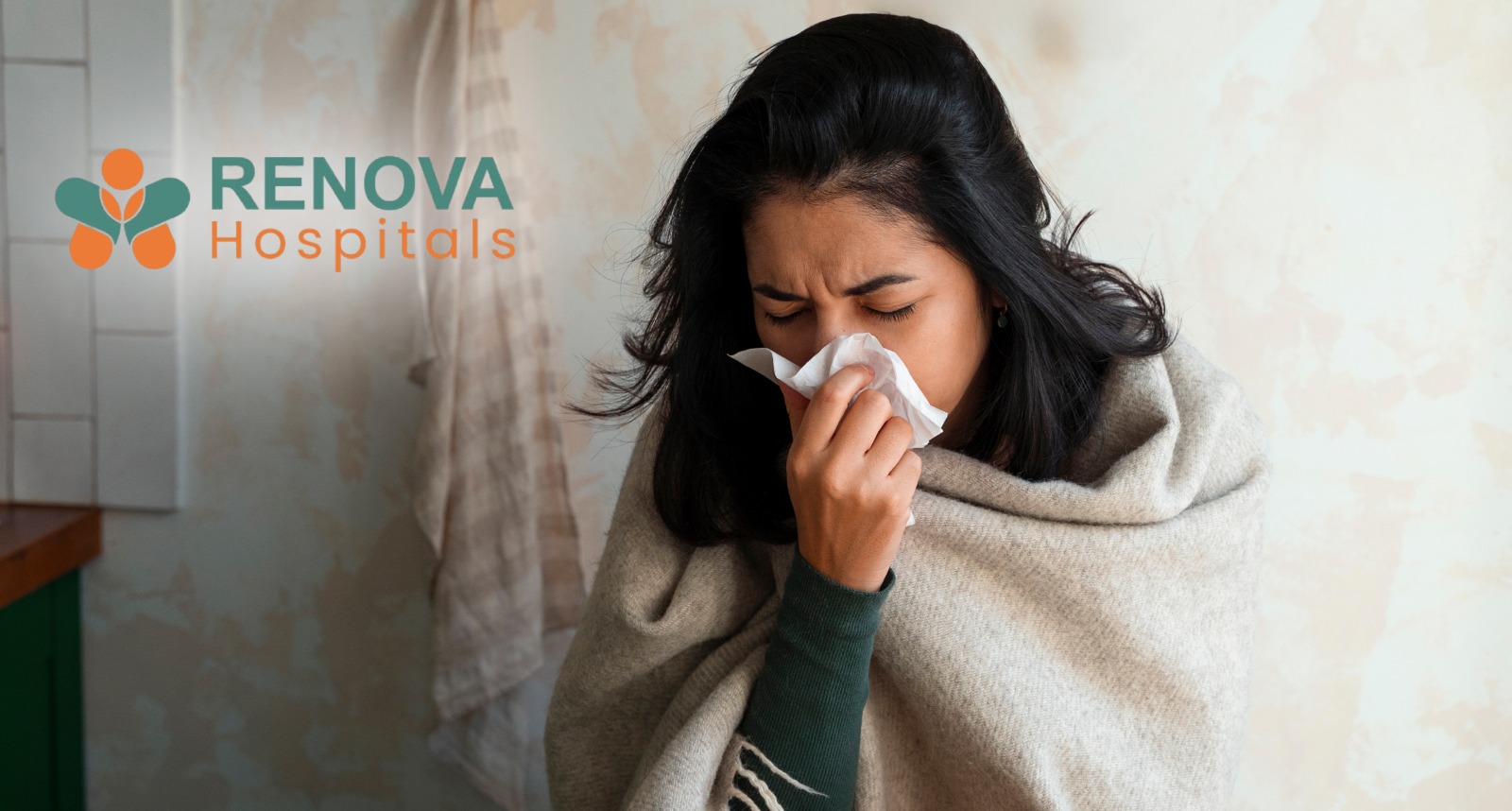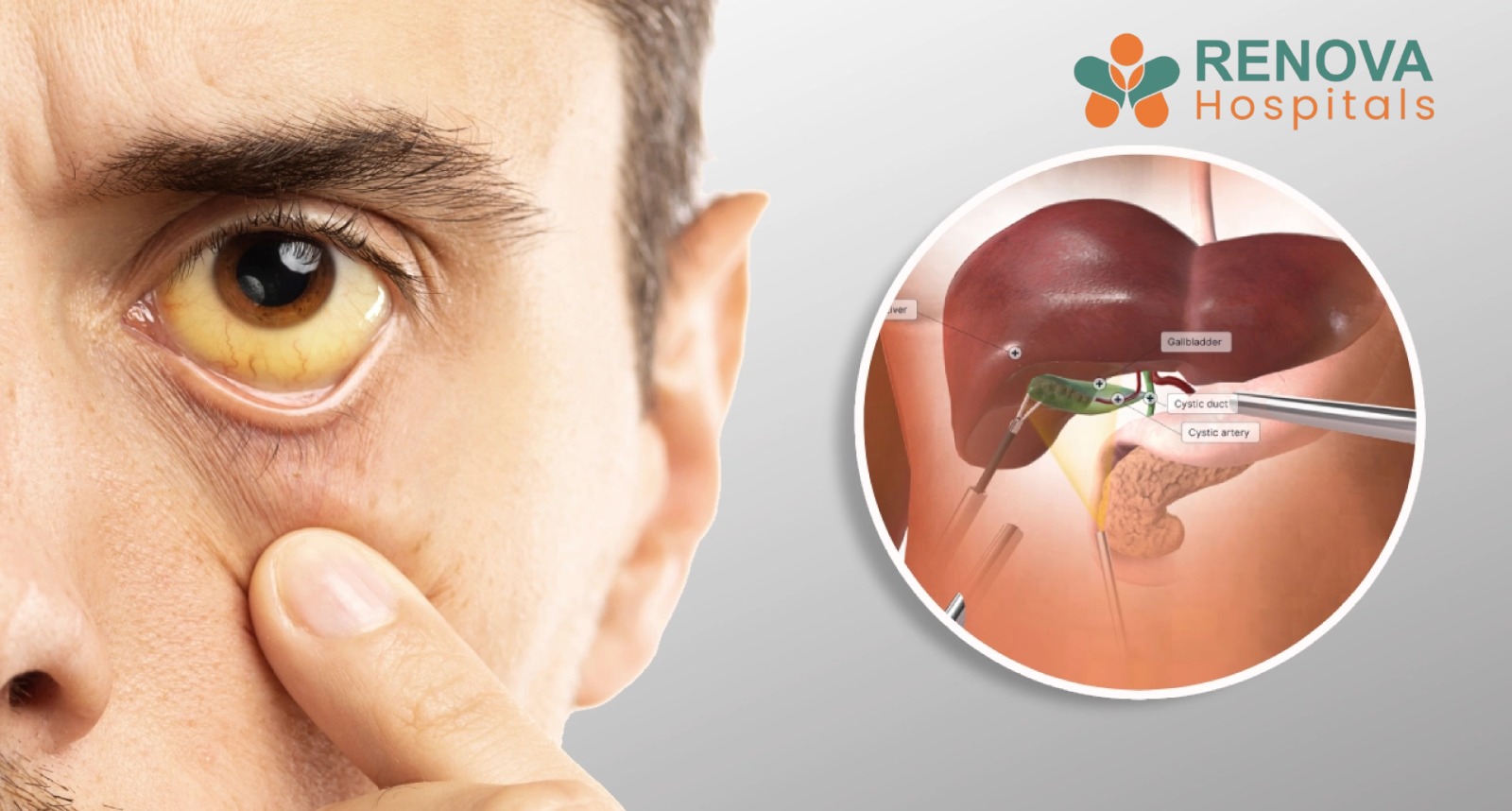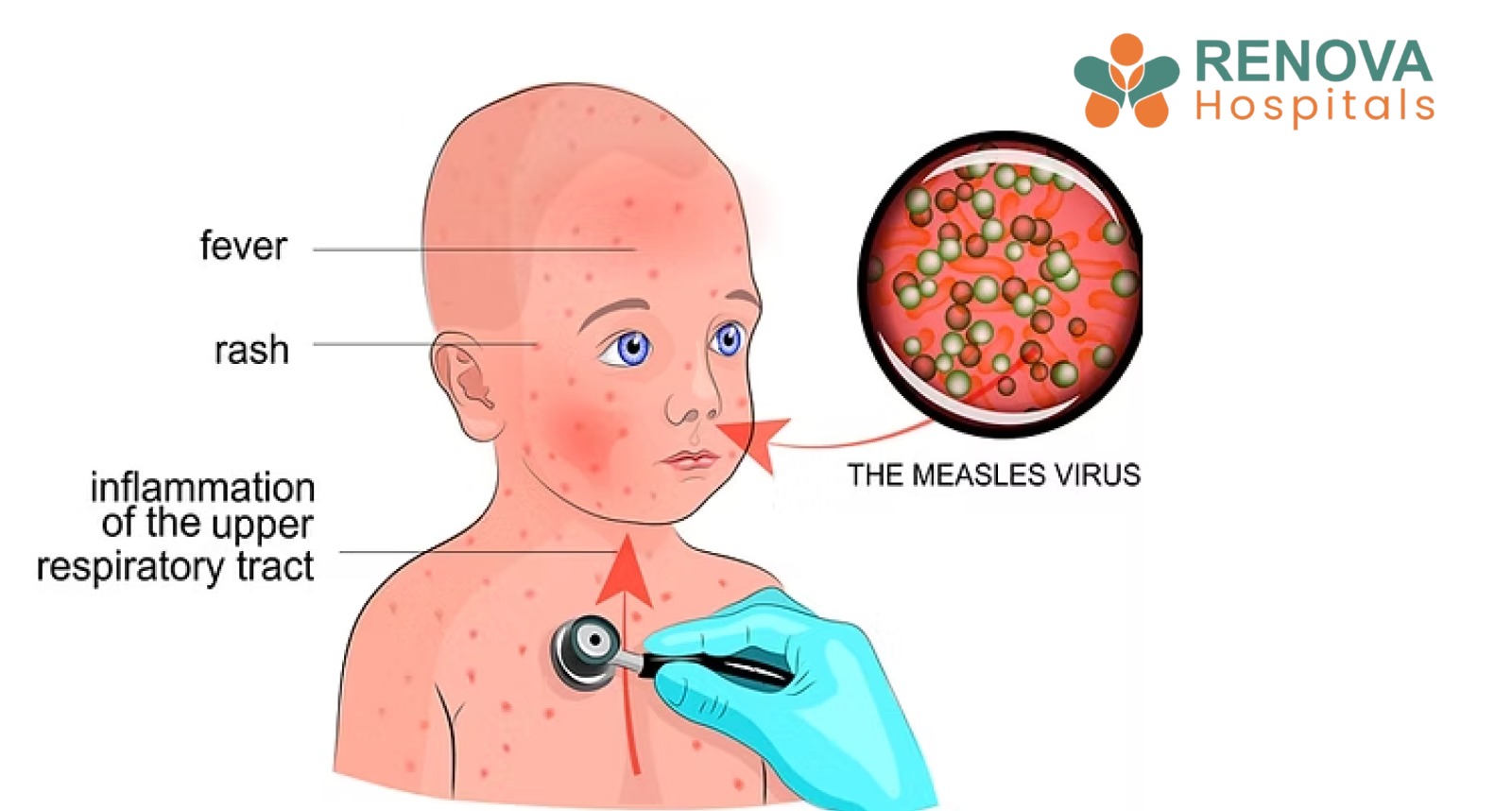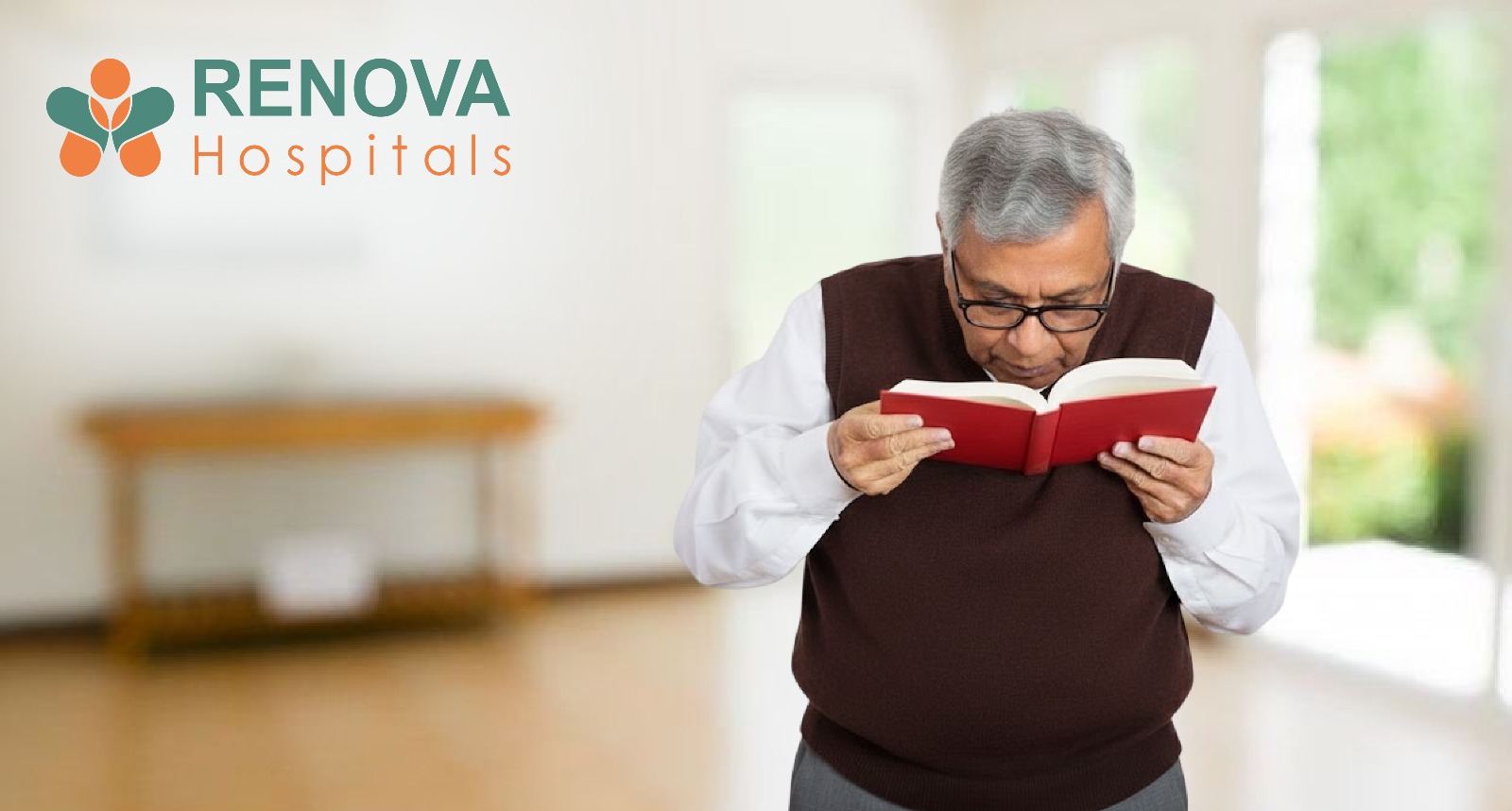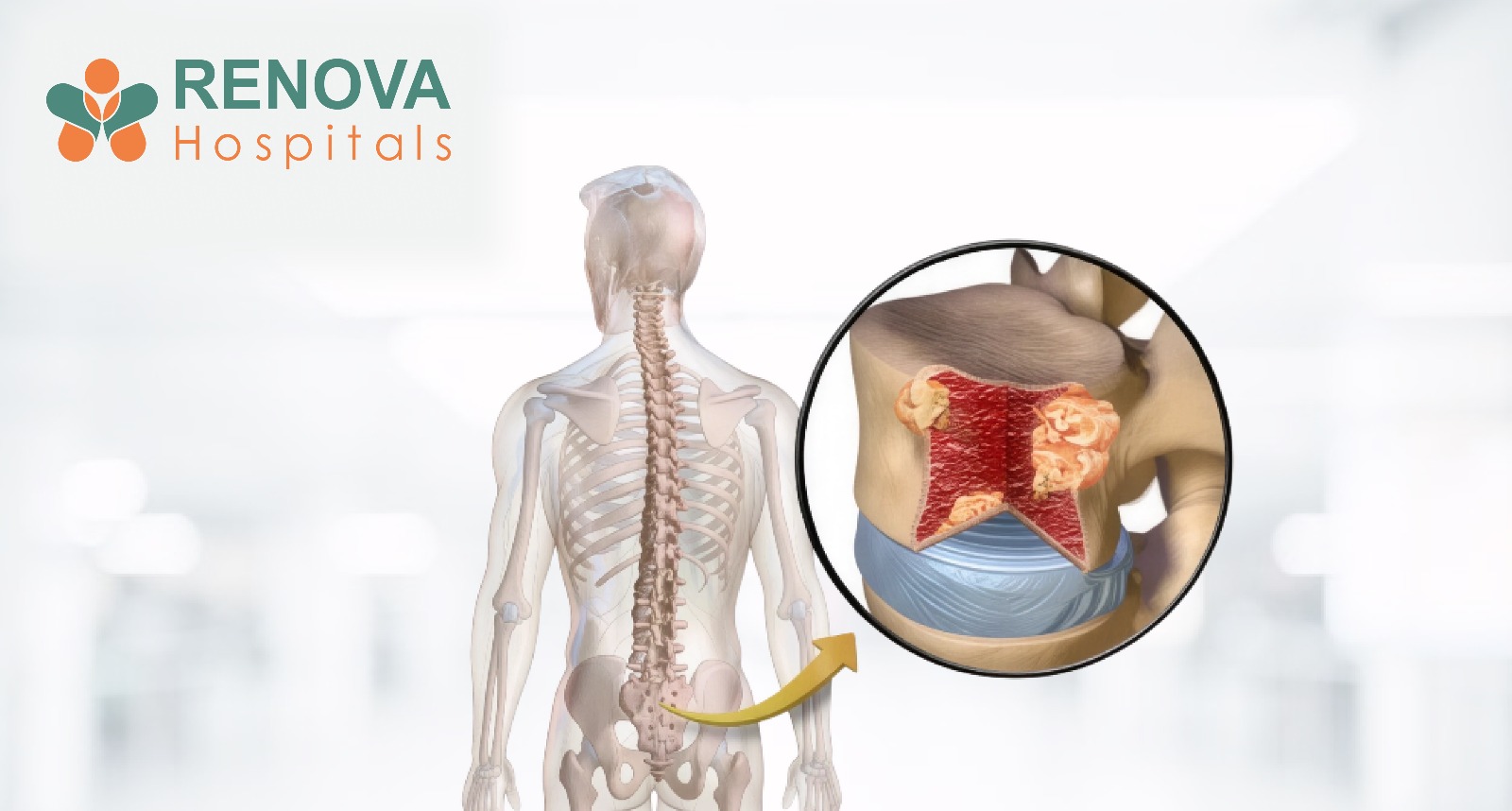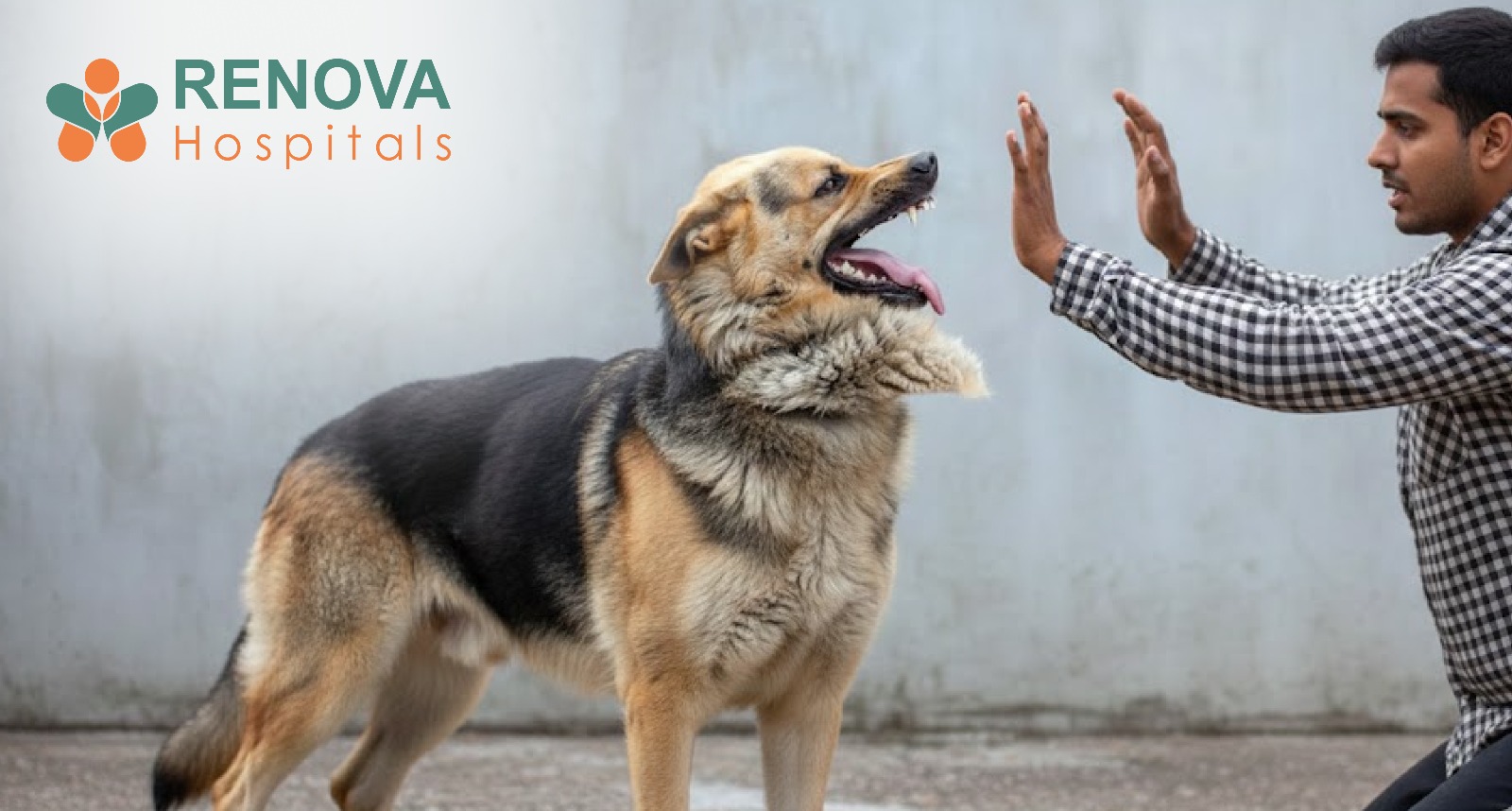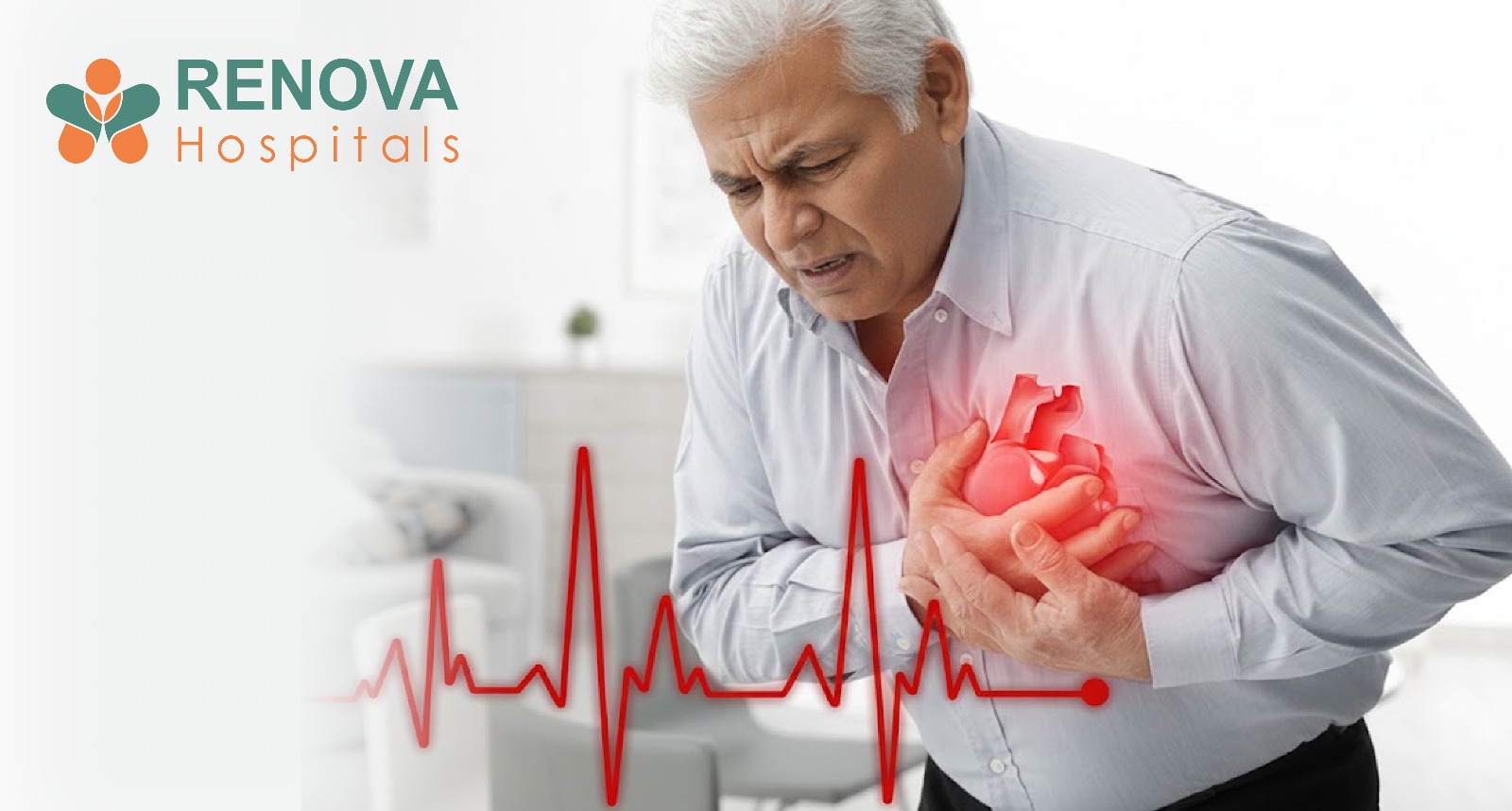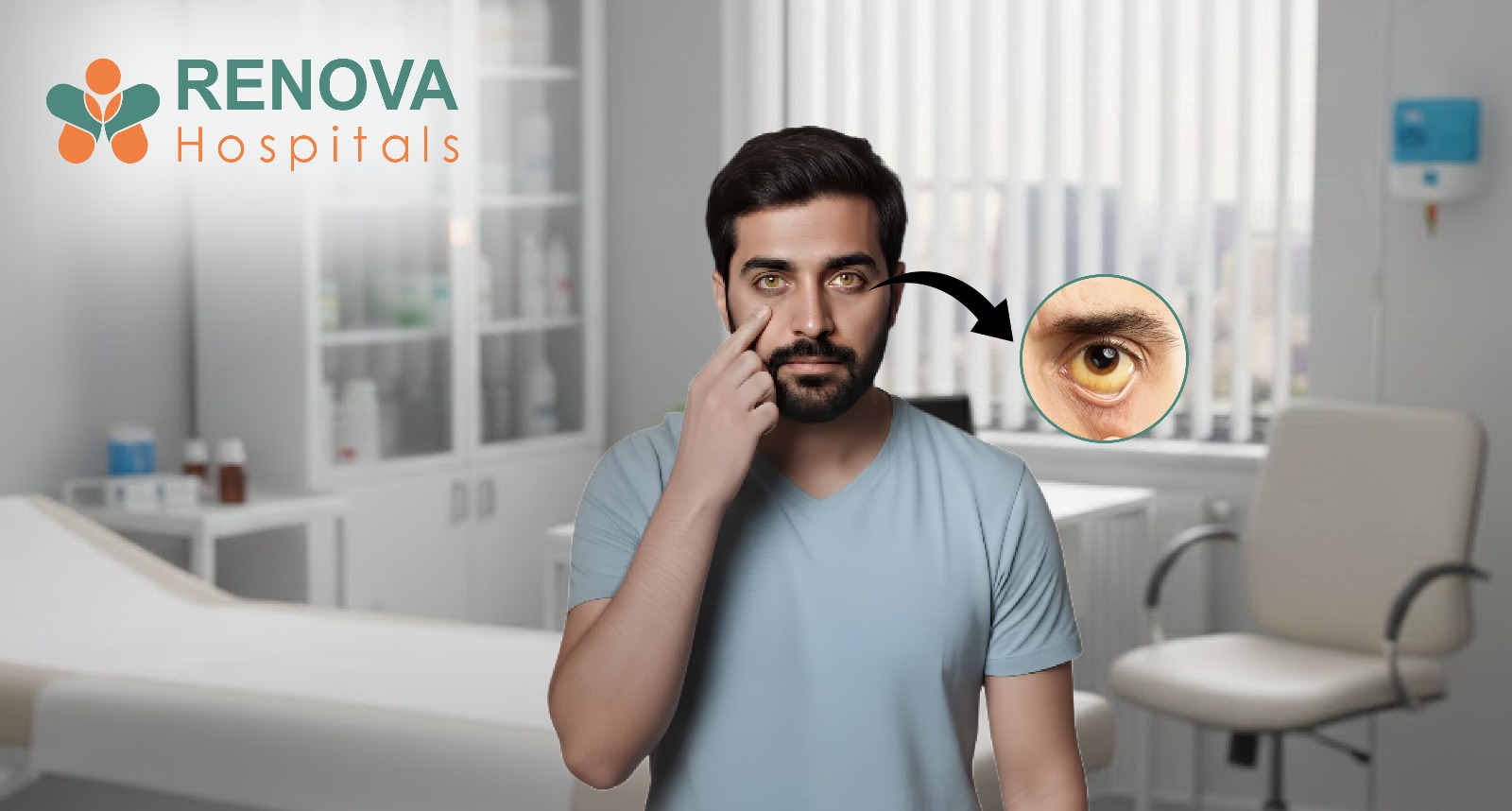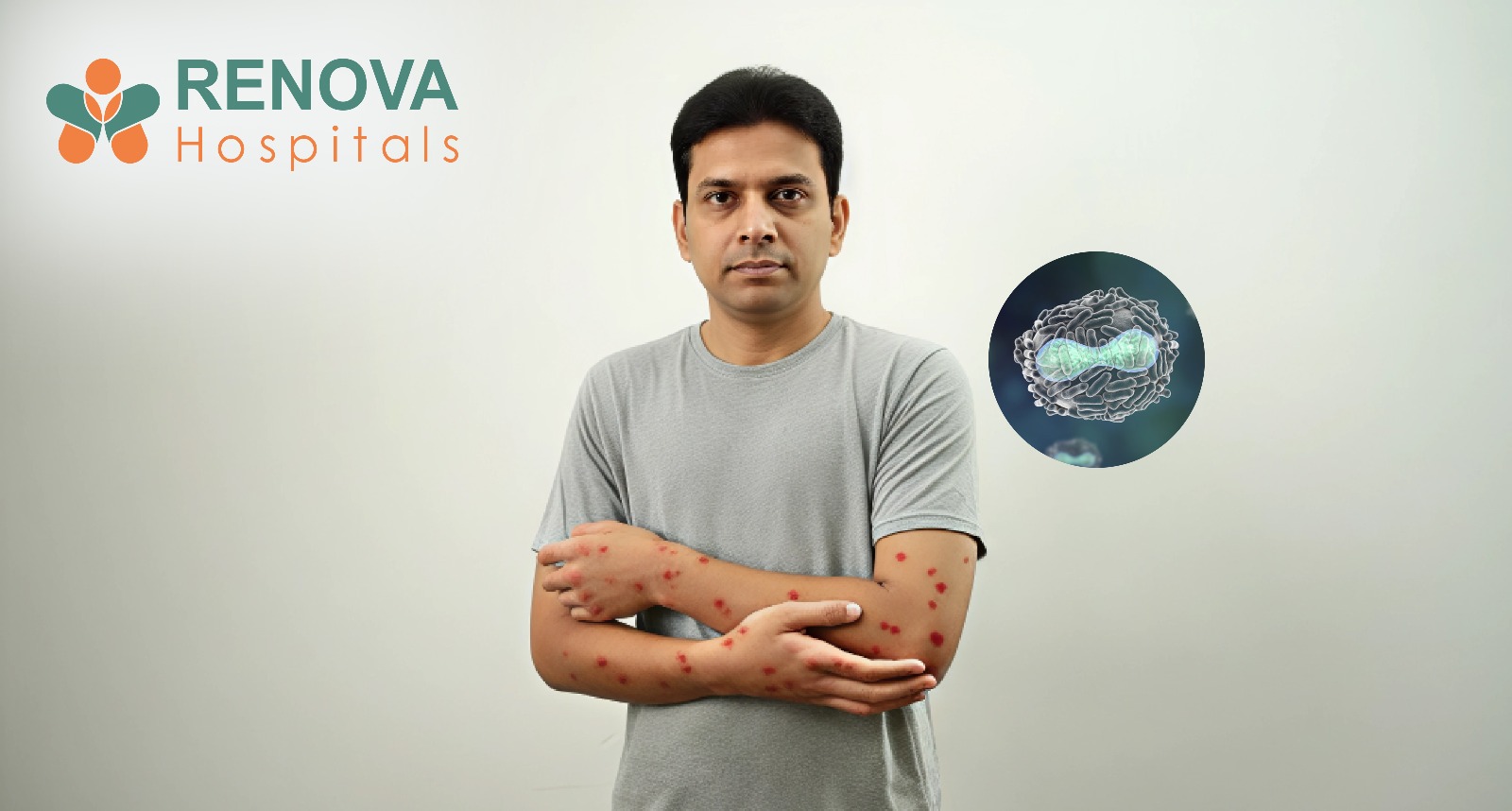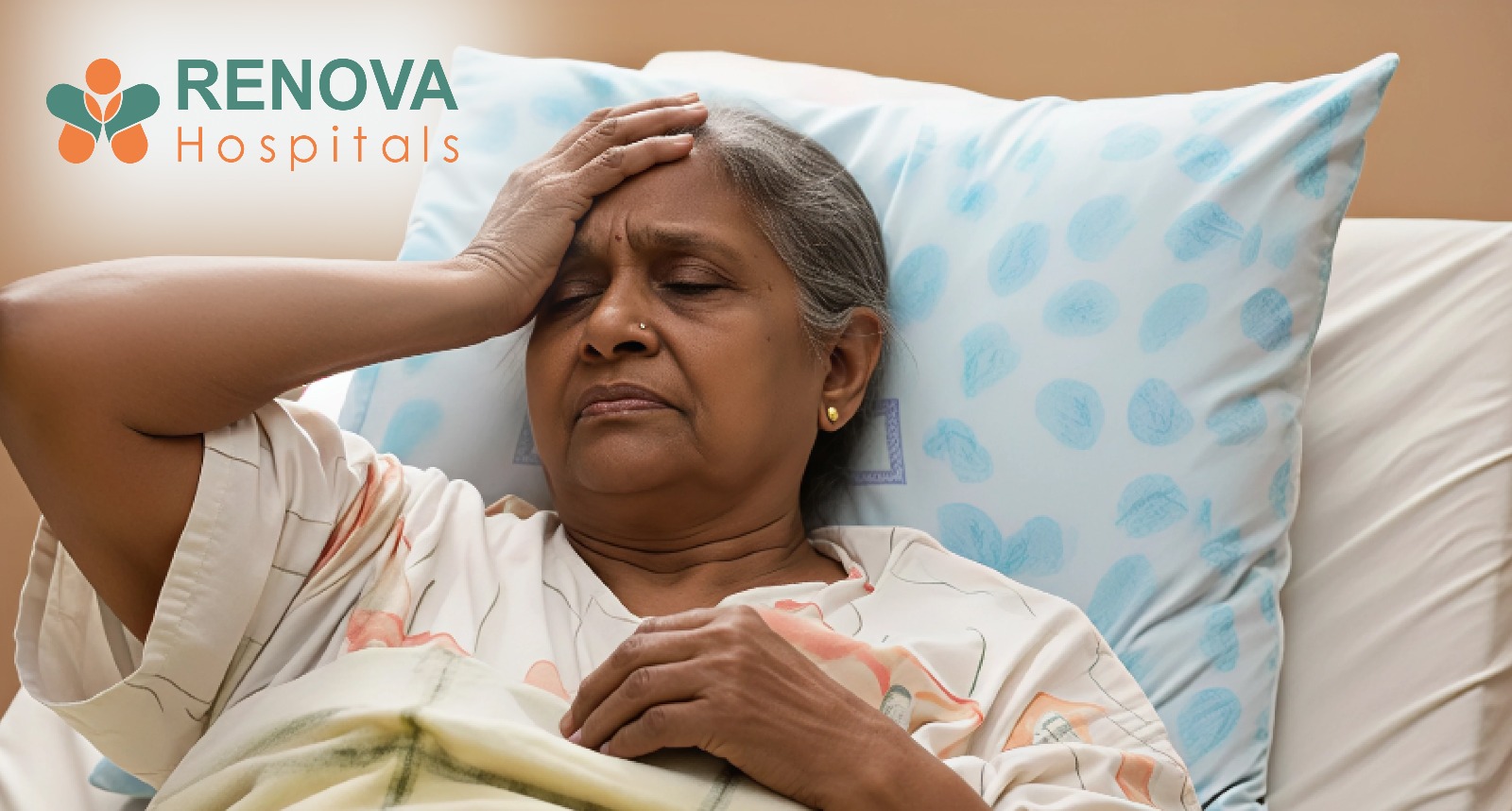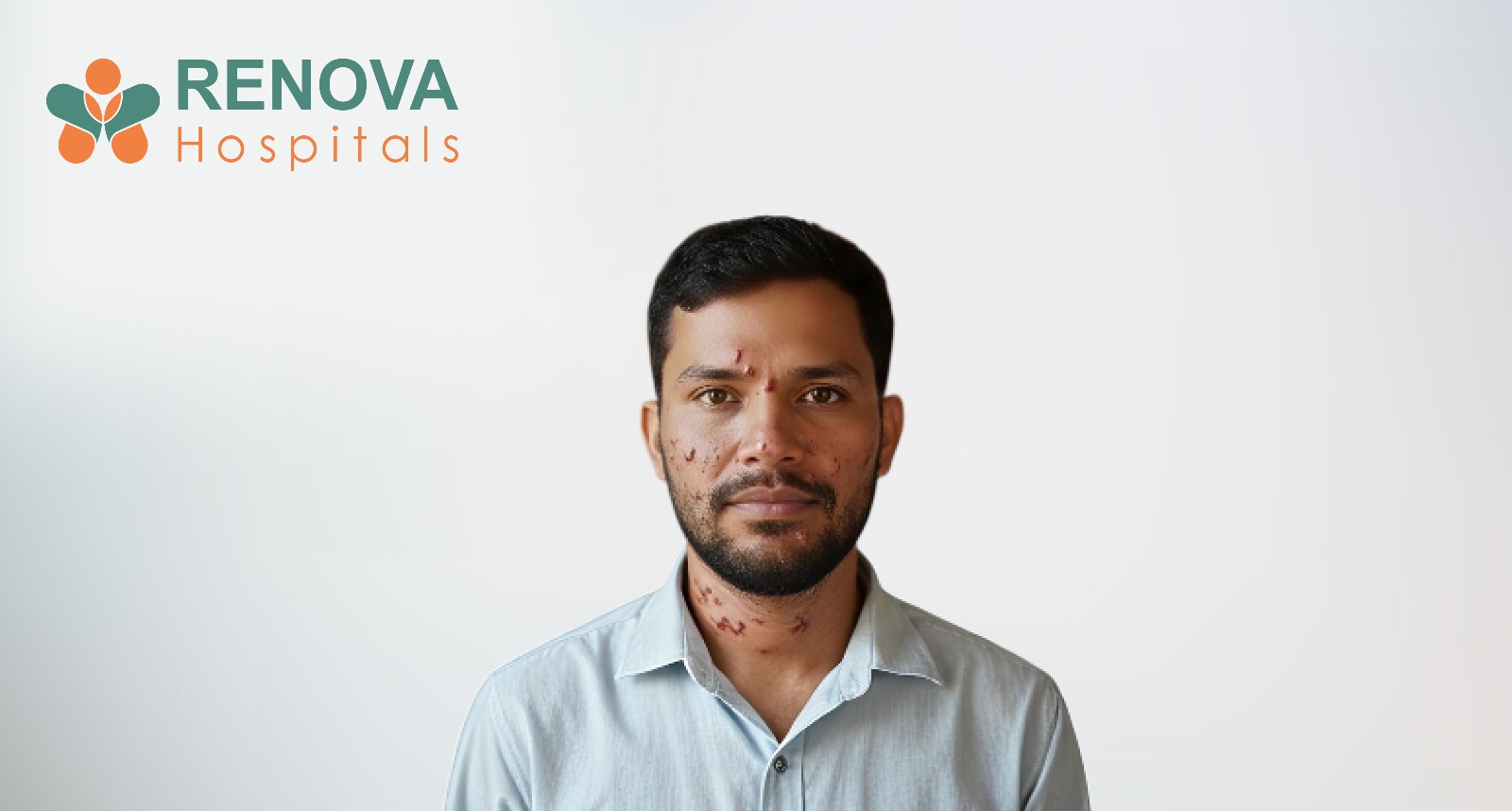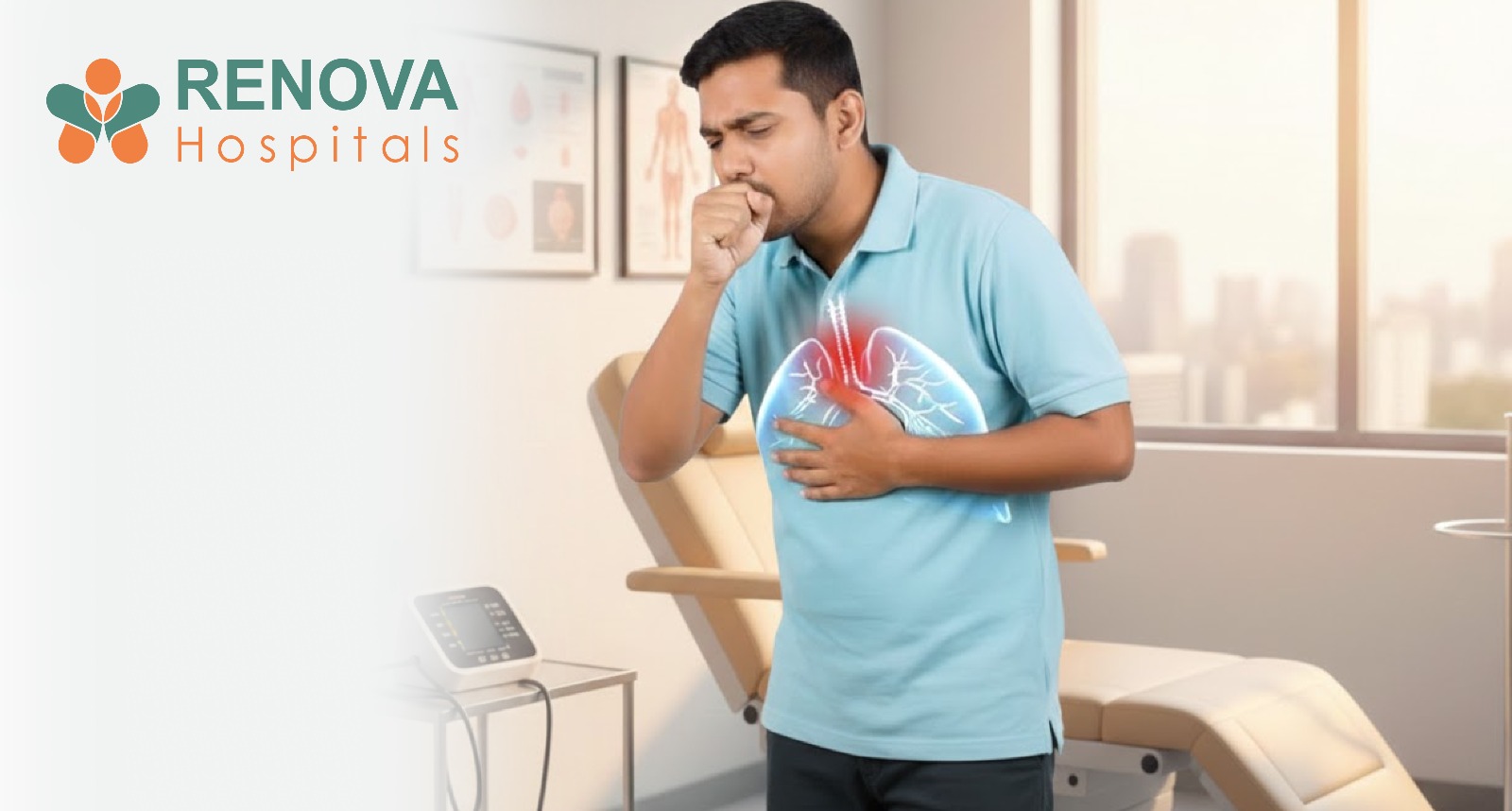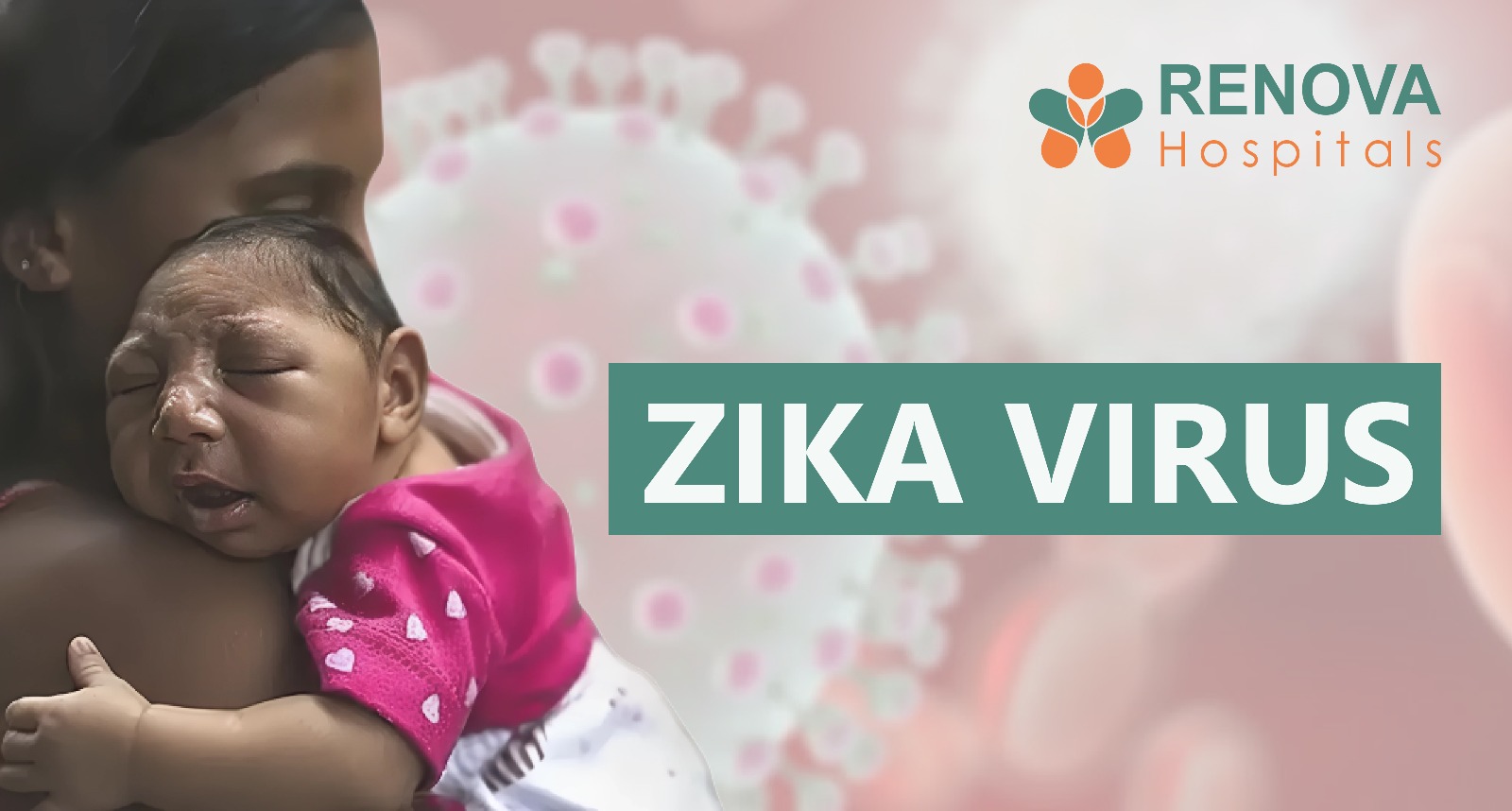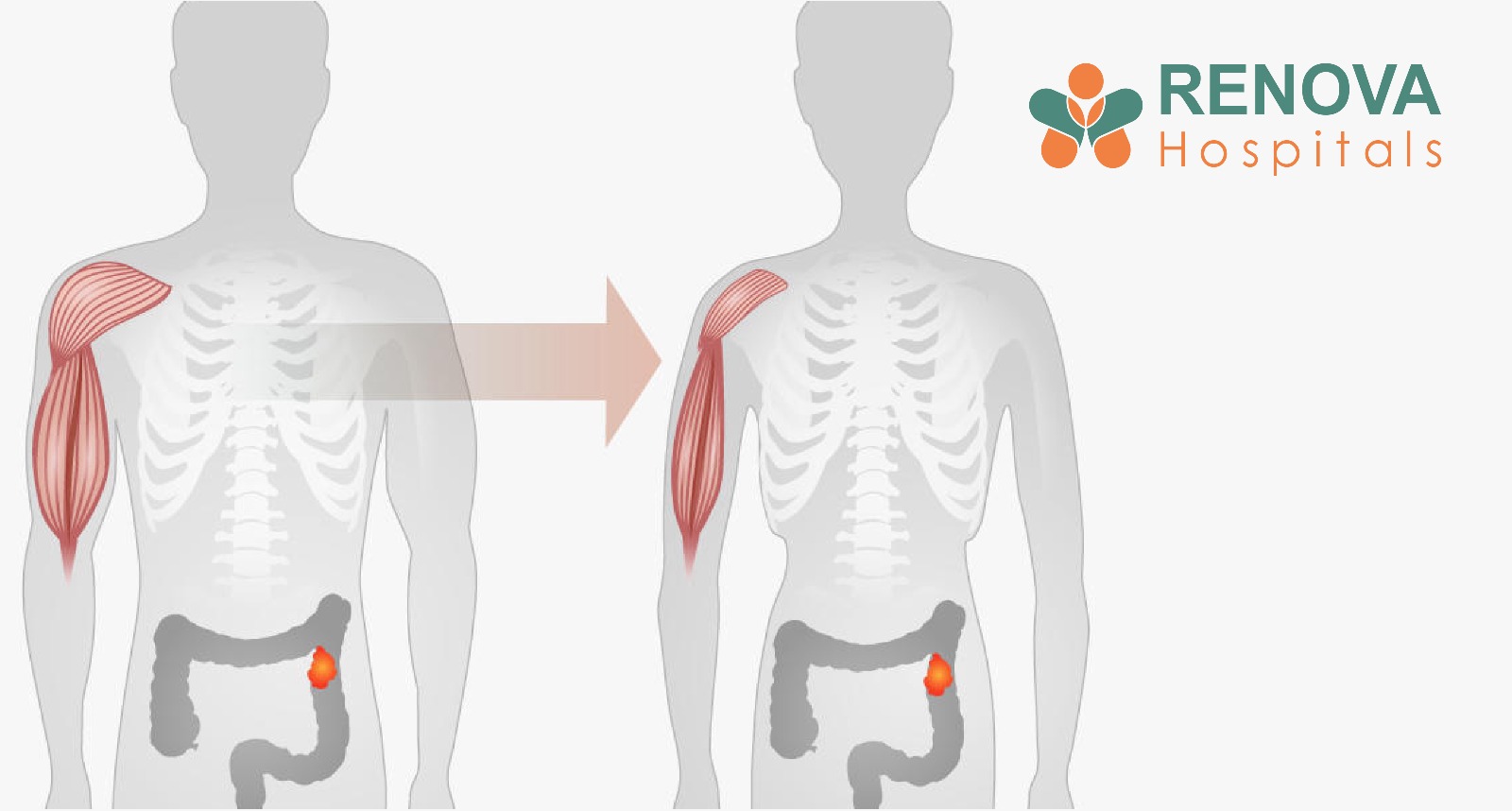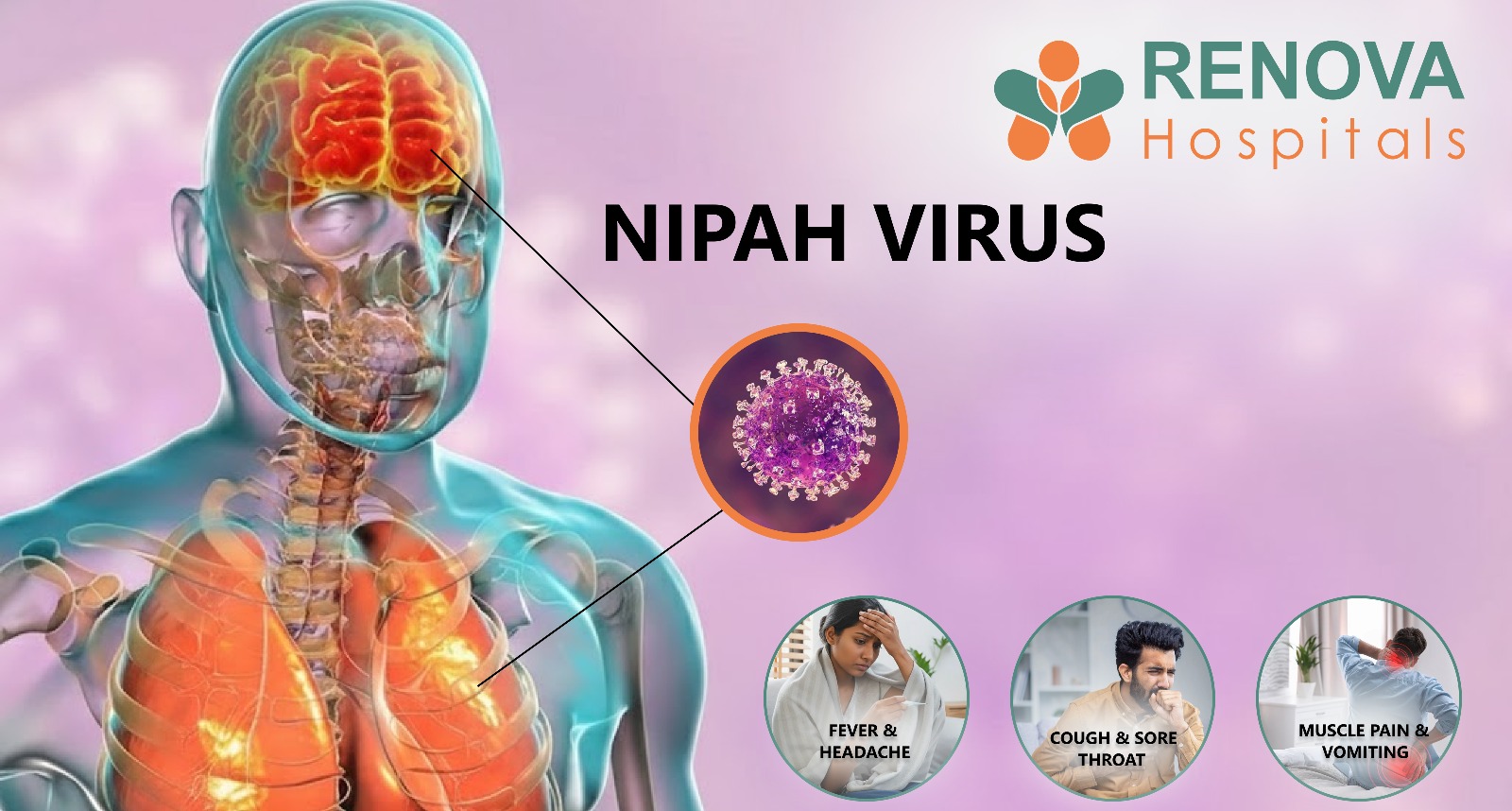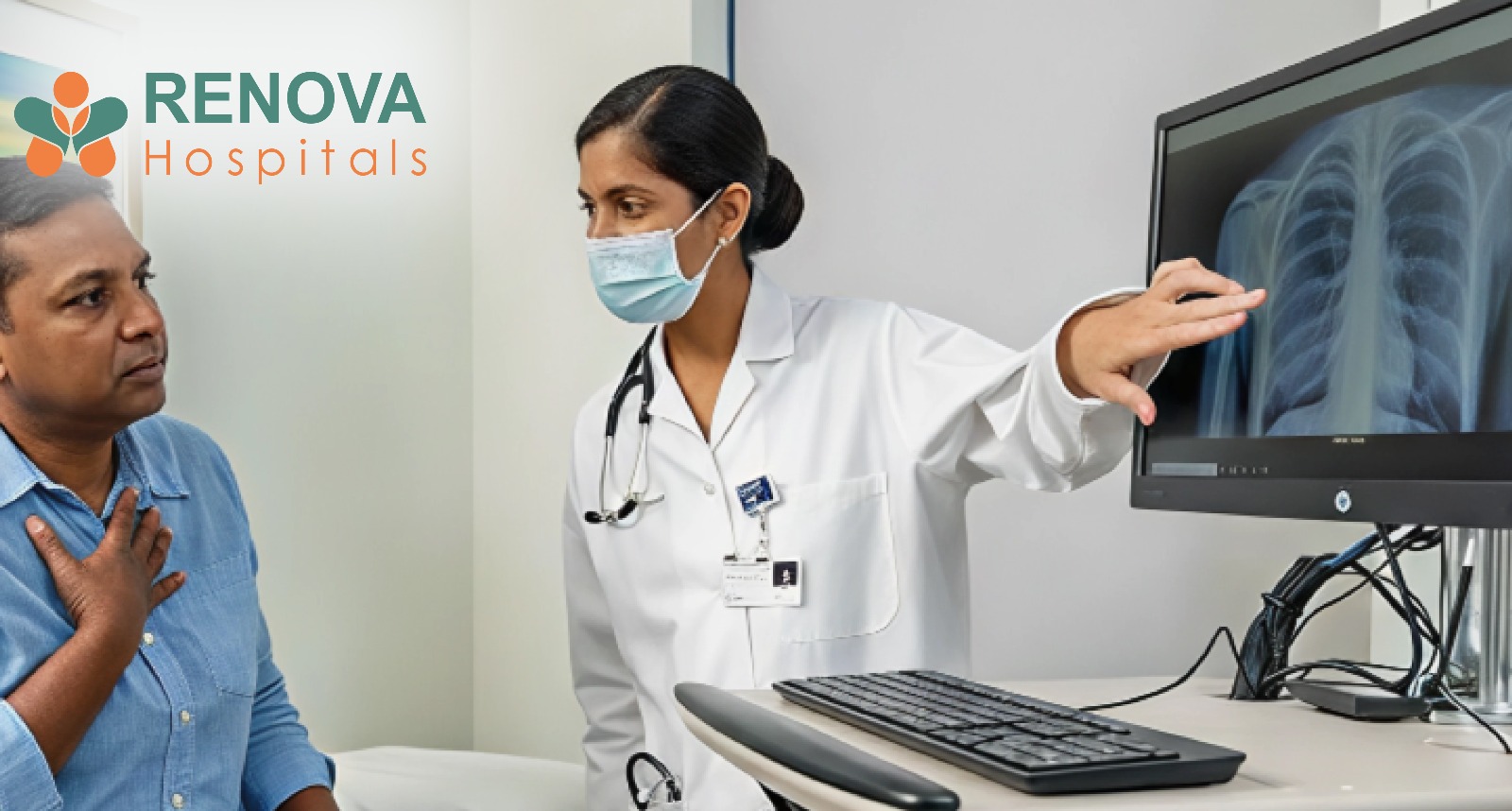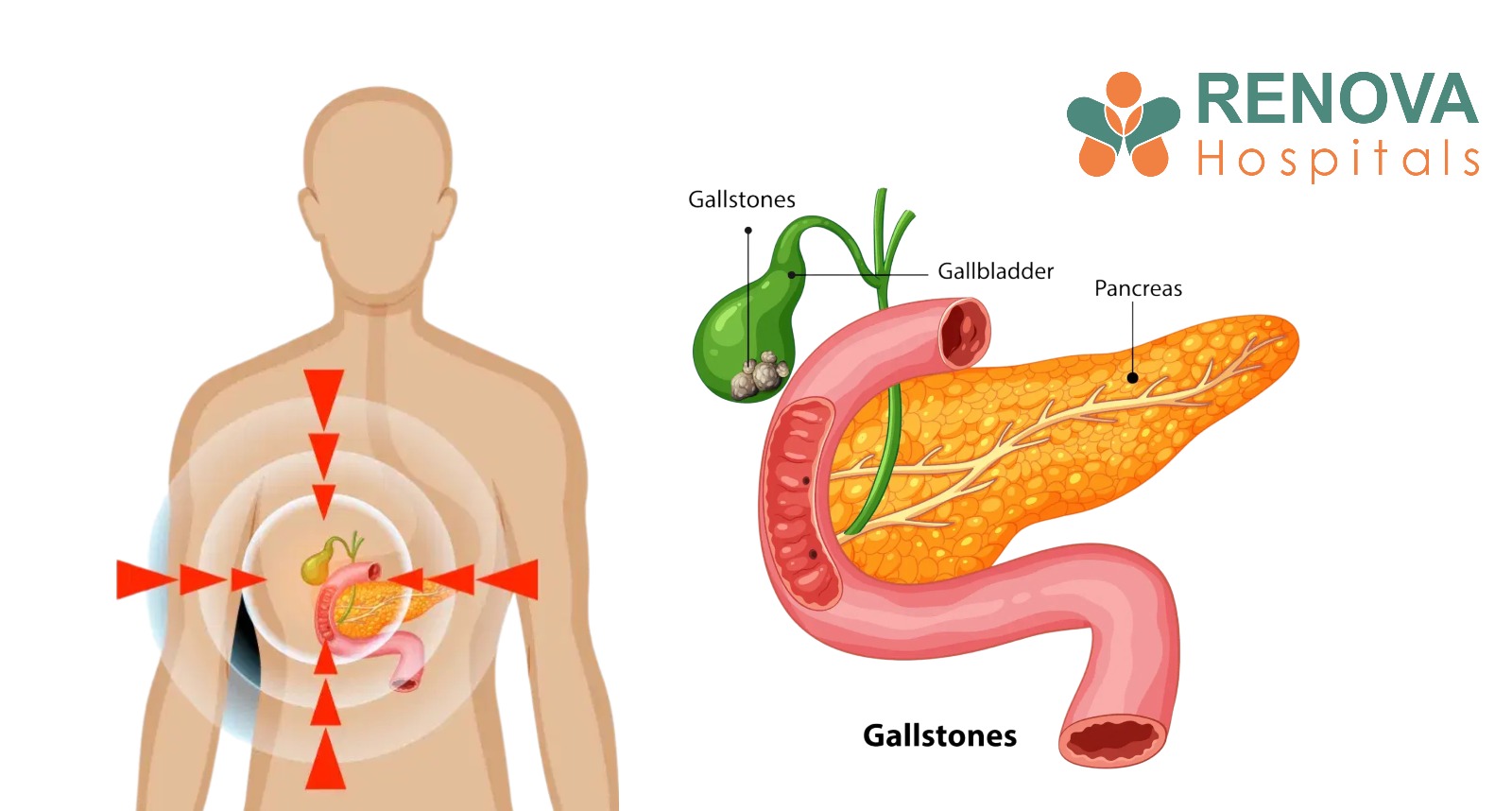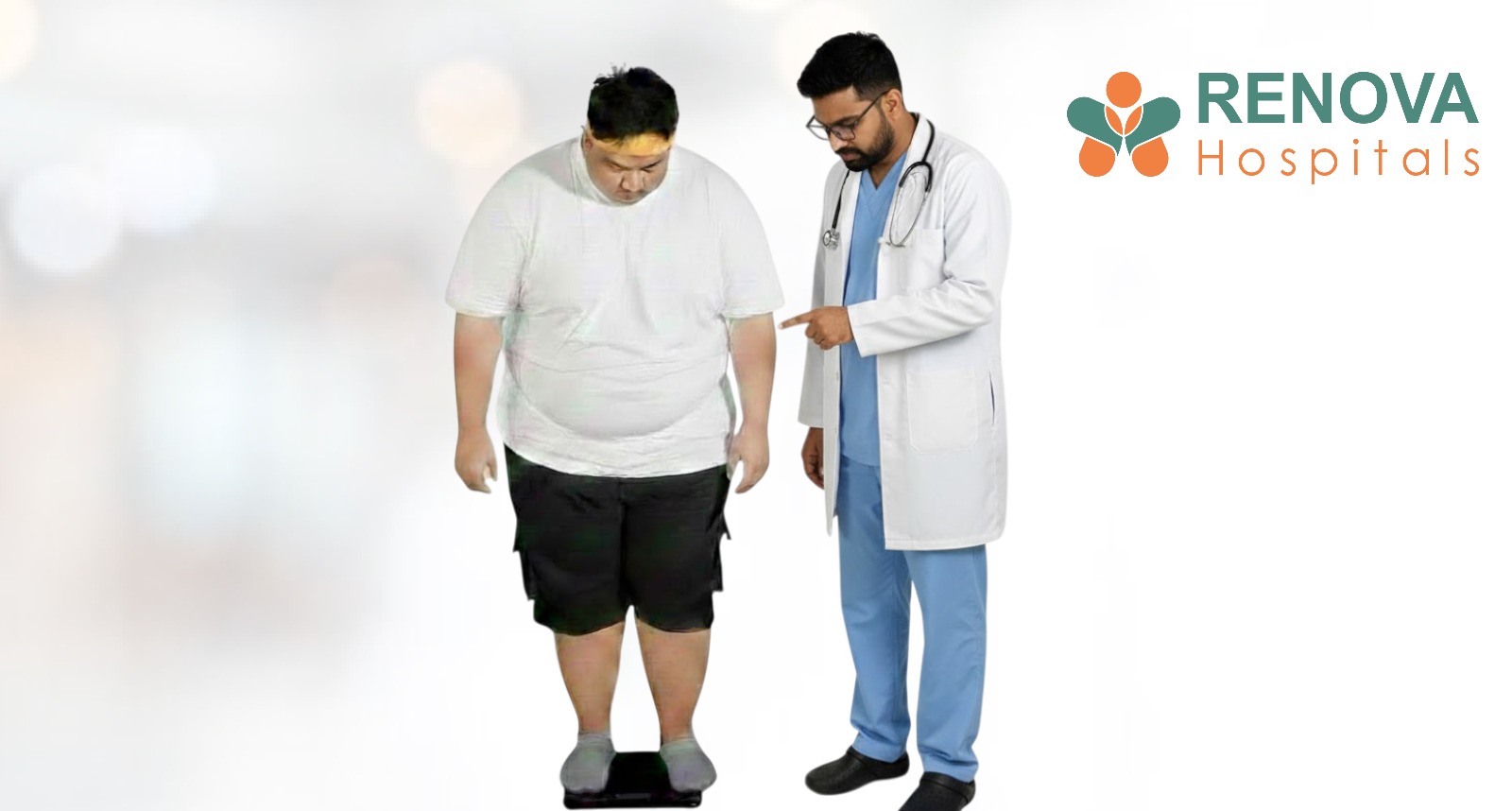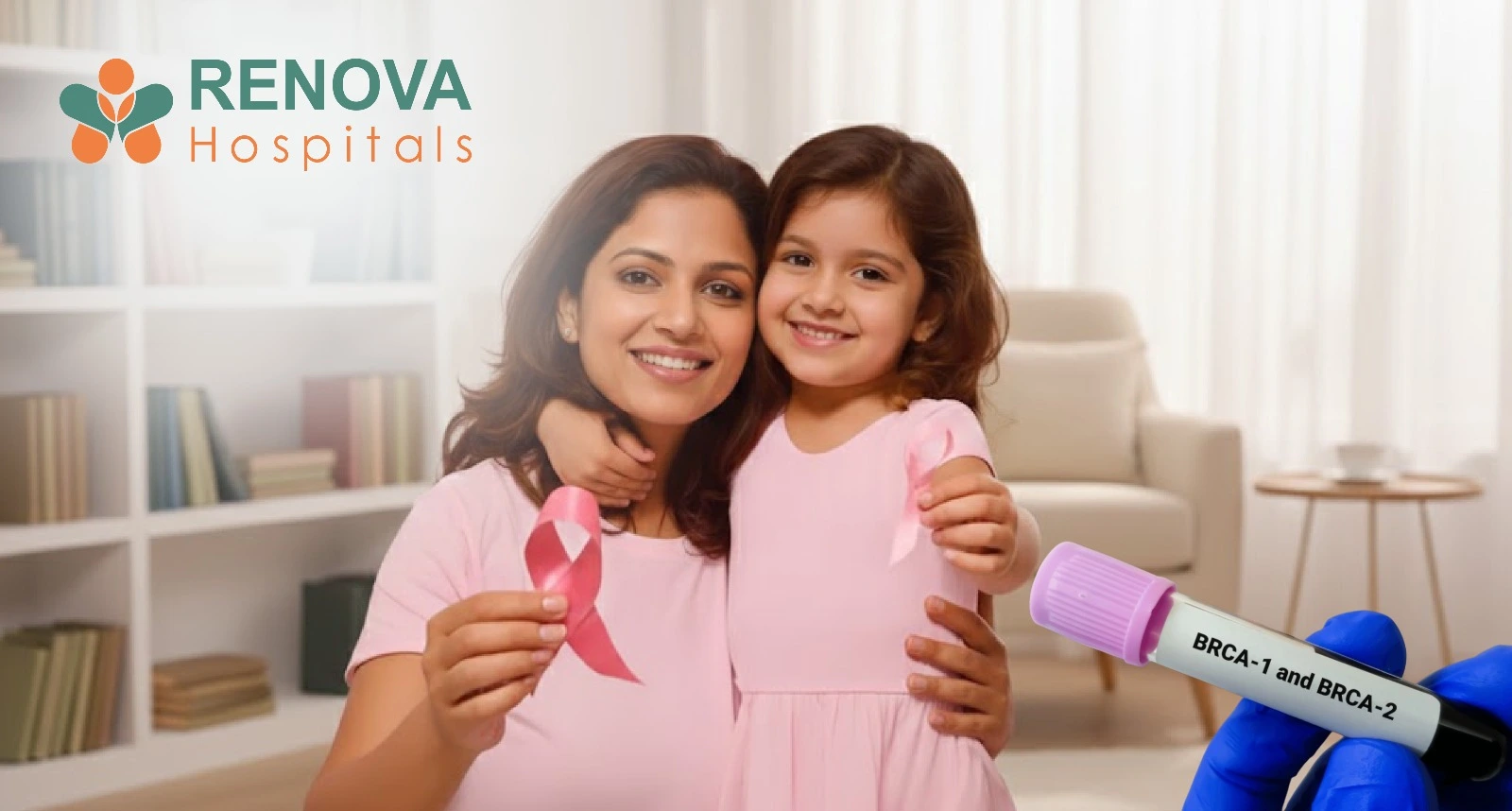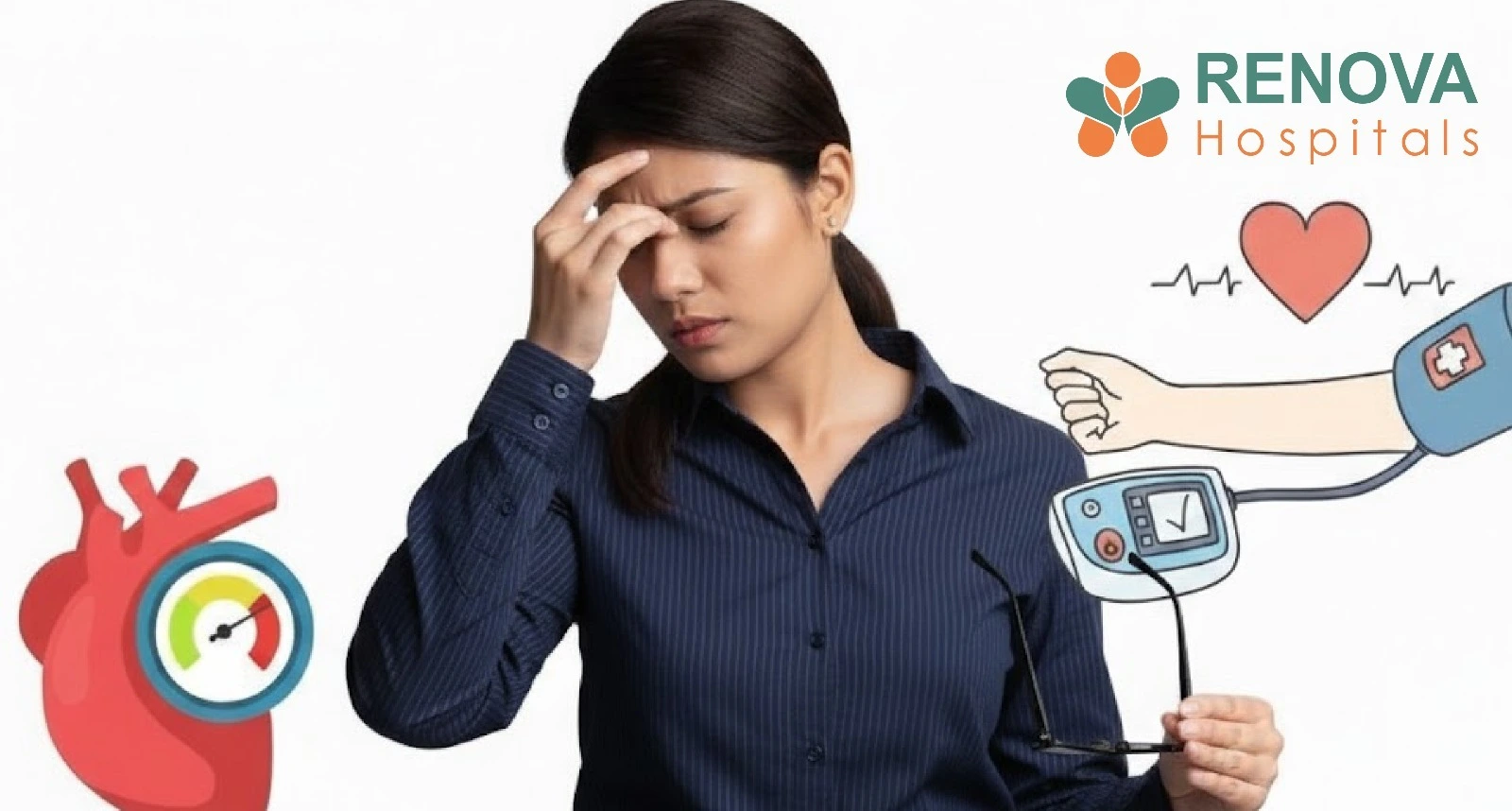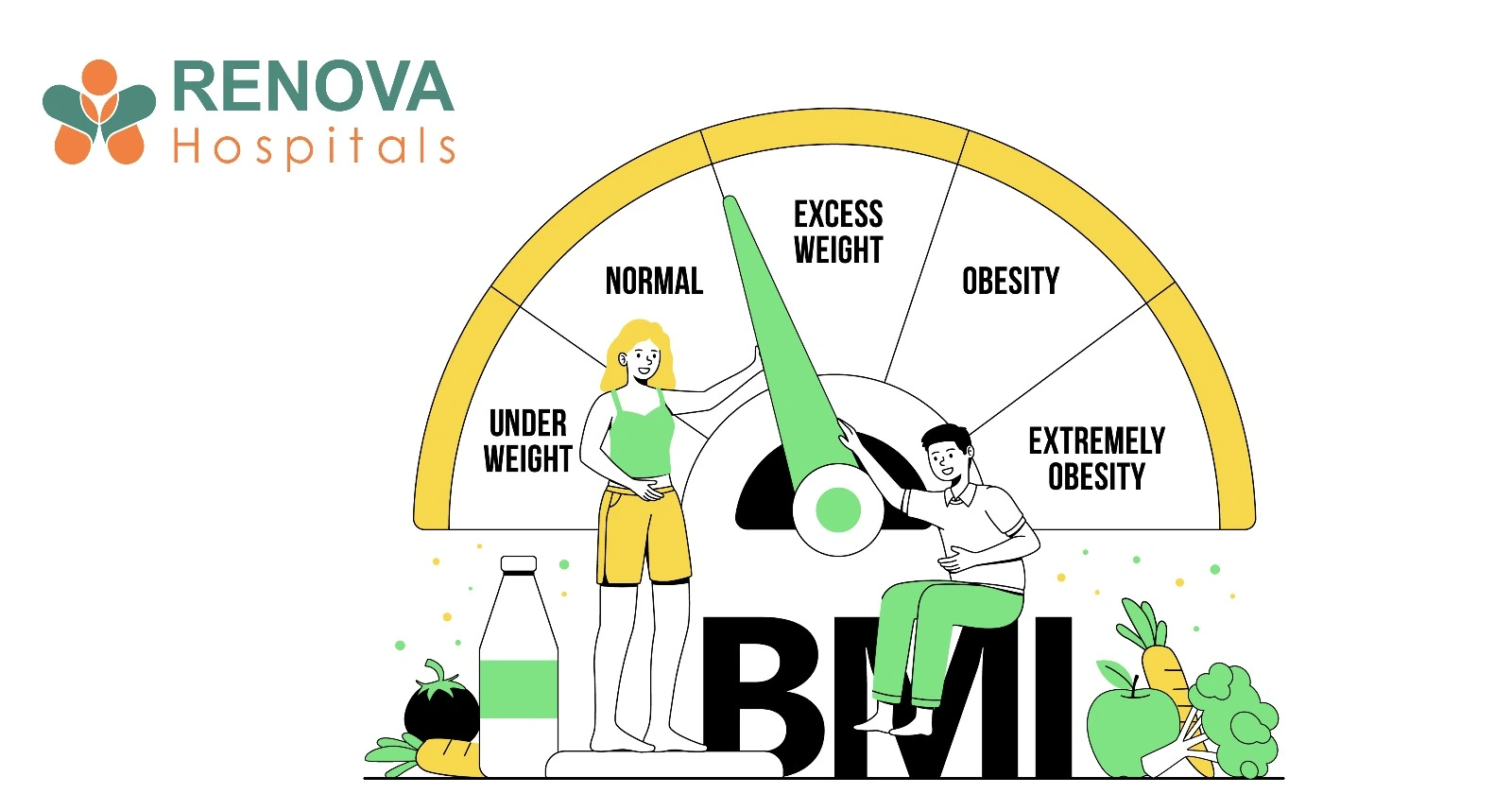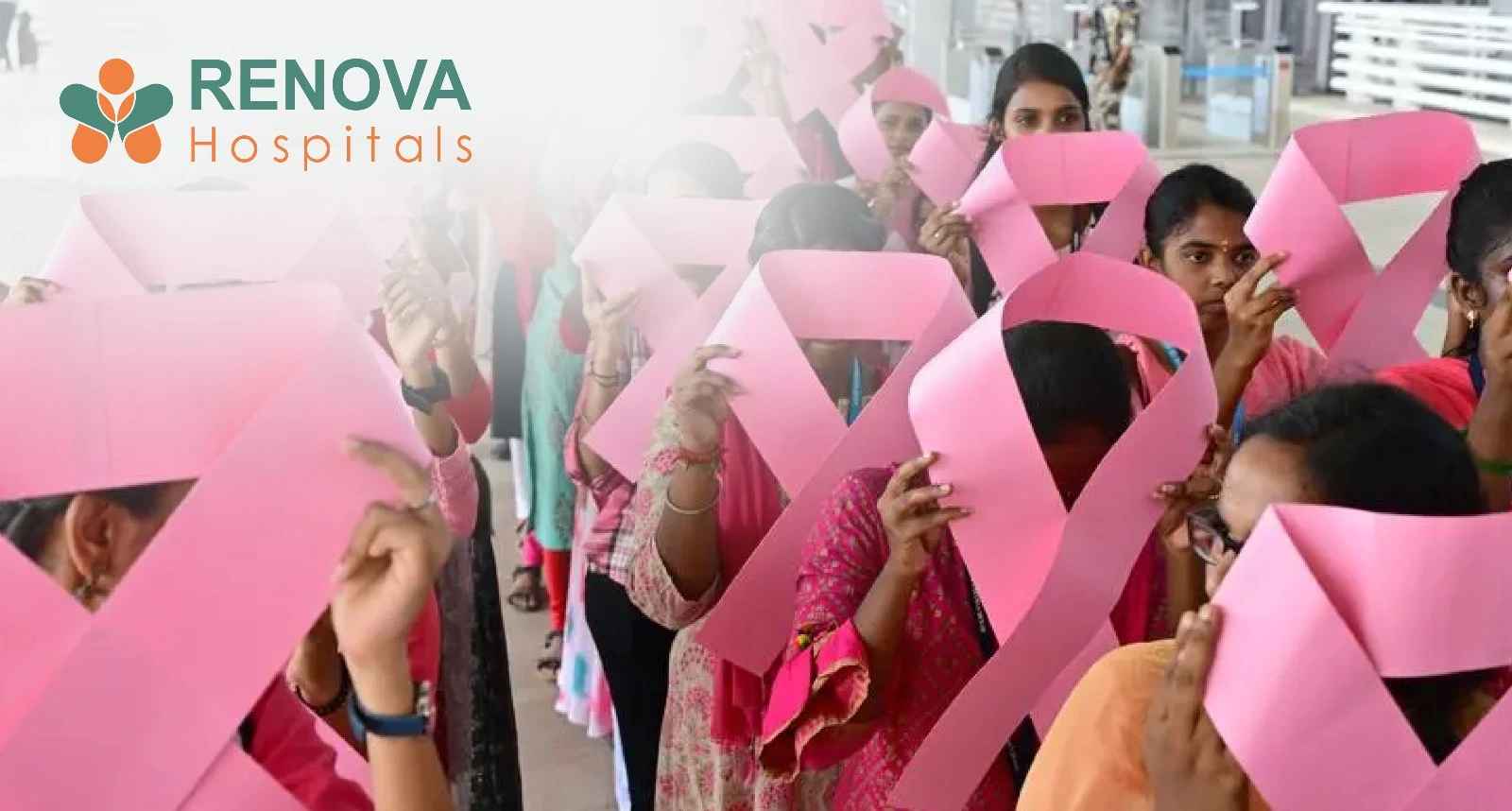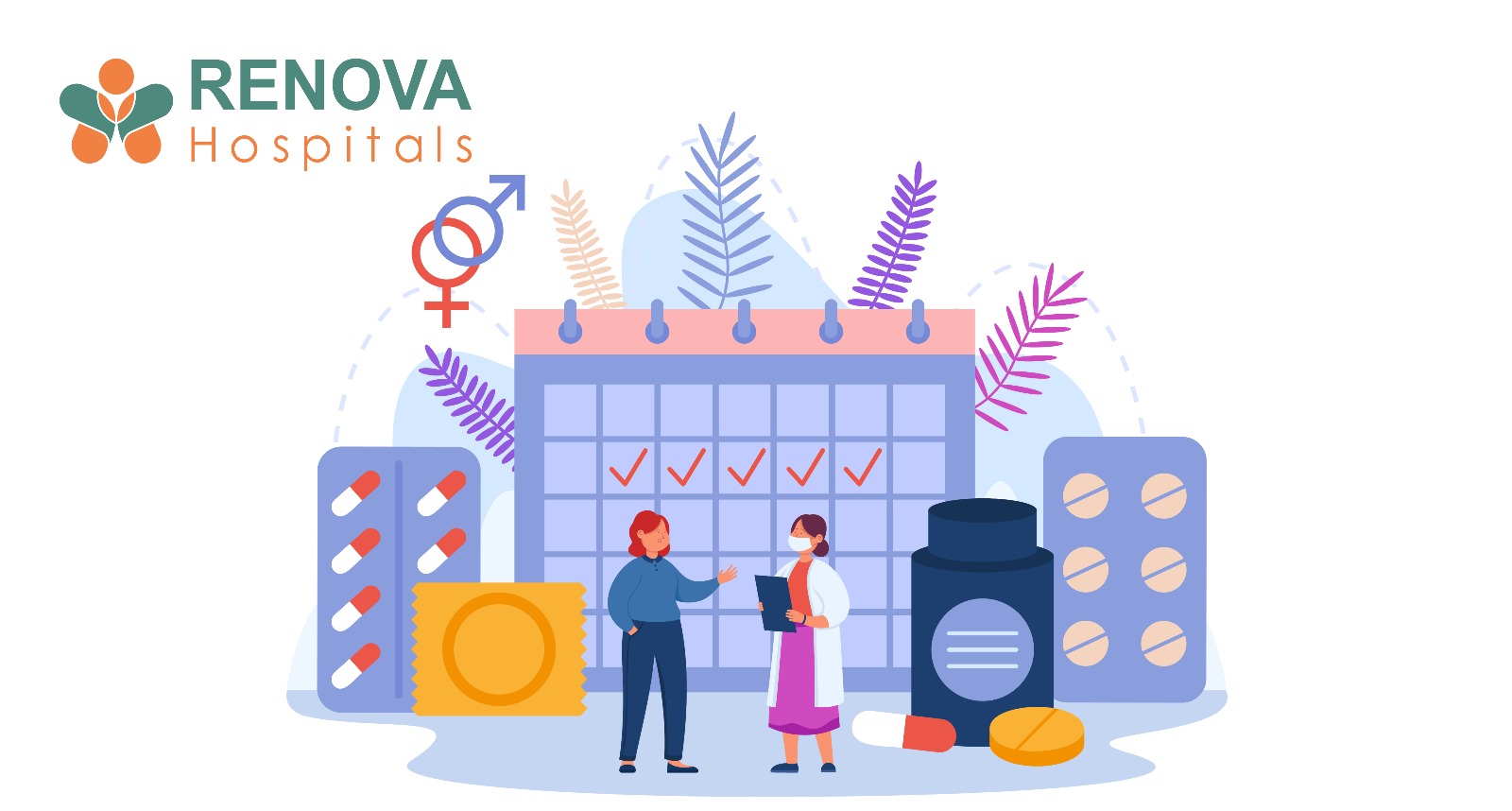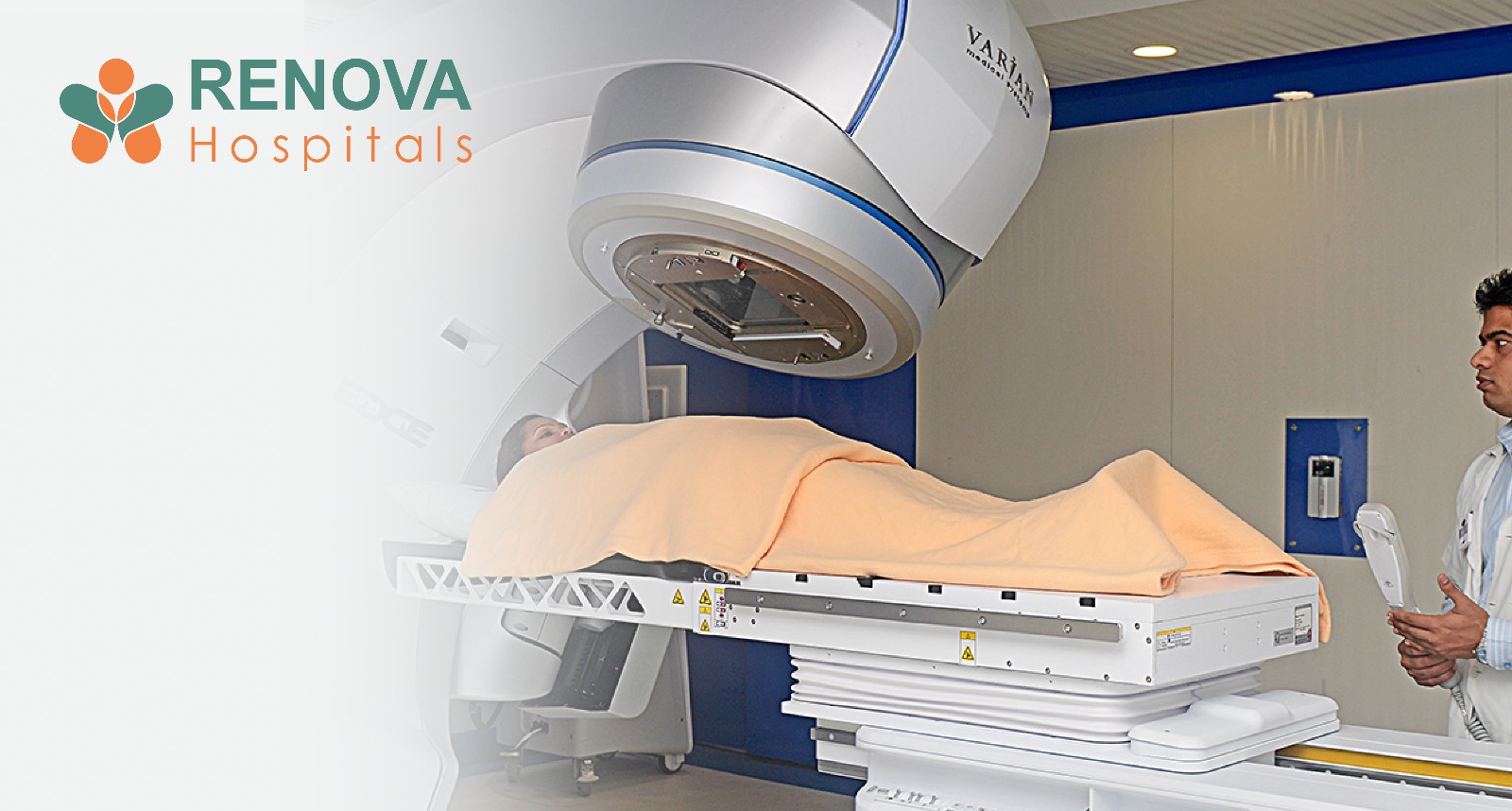Very few words can instill as much fear and anxiety in a person as “
emergency.” Even the thought of being caught in an emergency can cause us to sweat, blank out, and worry endlessly. While these are normal human responses, it is important to understand that they don’t help us during such situations.
Many instances go out of hand because we are unable to handle them and take the required measures. Timely action has been proven to help avert crisis, which is why we have dedicated an article to this topic. Here, we shall give you a few tips to keep in mind so that you are able to handle emergencies better.
Steps to take in an emergency situation
Prepare for it
Emergencies don’t come with a warning. Something drastic can happen anywhere and at any point in time. So, being educated and learning about basic techniques can help you keep a cool mind. Oftentimes, people panic because they don’t know what to do. This unawareness can be removed by taking a few steps such as:
- Being aware of the medical conditions you and your loved ones may have
- Learning first-aid basics in case of injury
- Knowing the local hospital and ambulance numbers – save them on your phone
- Carrying a fully-stocked first-aid kit with you
- Saving emergency contact details on your phone – this will help reach your family members in case you are in an accident
- Learning CPR
Do not panic
We understand that it is much easier said than done but panicking can make the situation worse. It is crucial to keep a calm mind so that you are able to act quickly. Focus on the solution and try not to worry about the situation. If you tend to take too much stress, the following techniques may help you:
- Inhale deeply, hold for 3 seconds, and exhale. Repeat this at least 3 times.
- Squeeze and release all the muscles in your body. Do this simultaneously at least 3 times.
- Take a moment for yourself and visualize an image/situation that calms you – the beach, your reading corner, your bedroom, etc.
Call for help
Unless you are a licensed doctor, do not attempt to provide treatment. Call an ambulance immediately.
Check for signs of trauma and injury
If you see bleeding, use a clean cloth and apply pressure on the area. Check for signs of fractures and shock as well so that you can convey the same to the medical team when they arrive.
- In certain cases, you may have to administer CPR. Do so only if you are trained.
- If the person is unconscious, do not try to administer anything through the mouth.
- Keep the person still and safe, and do not move him/her unless they are in a threatening position.
- Loosen clothing if it looks restrictive so that the person breathes comfortably and his/her circulation is not constrained.
Take steps to prevent emergencies
Even though emergencies come unannounced, we can take some steps to avoid them such as following safety rules, ensuring that our loved ones (and us) take prescribed medication on time, and planning for quick action in times of need.
Read these steps a few times and incorporate them into your lives. Pass them onto your loved ones as well. Who knows, you may save a life!.
